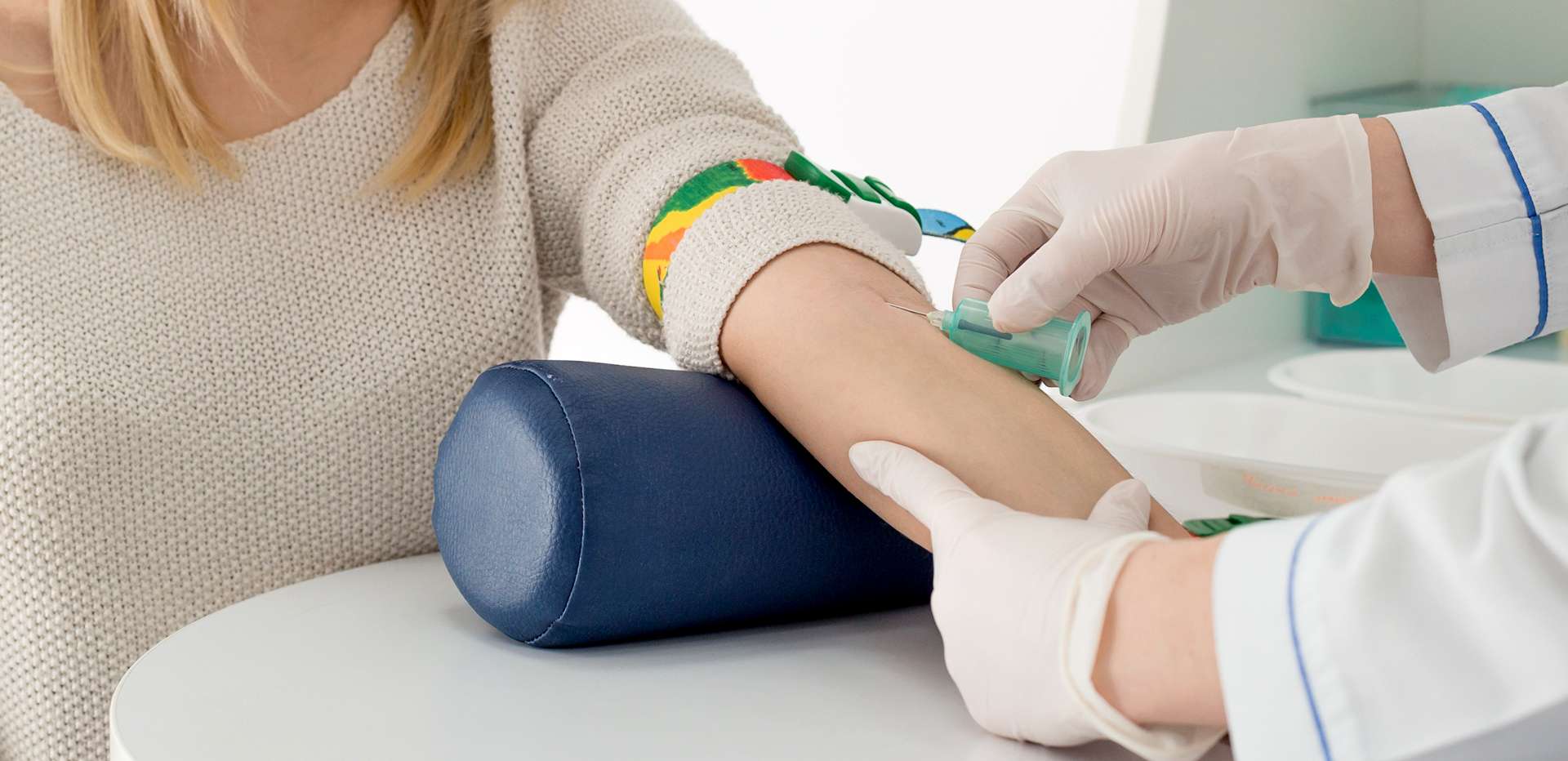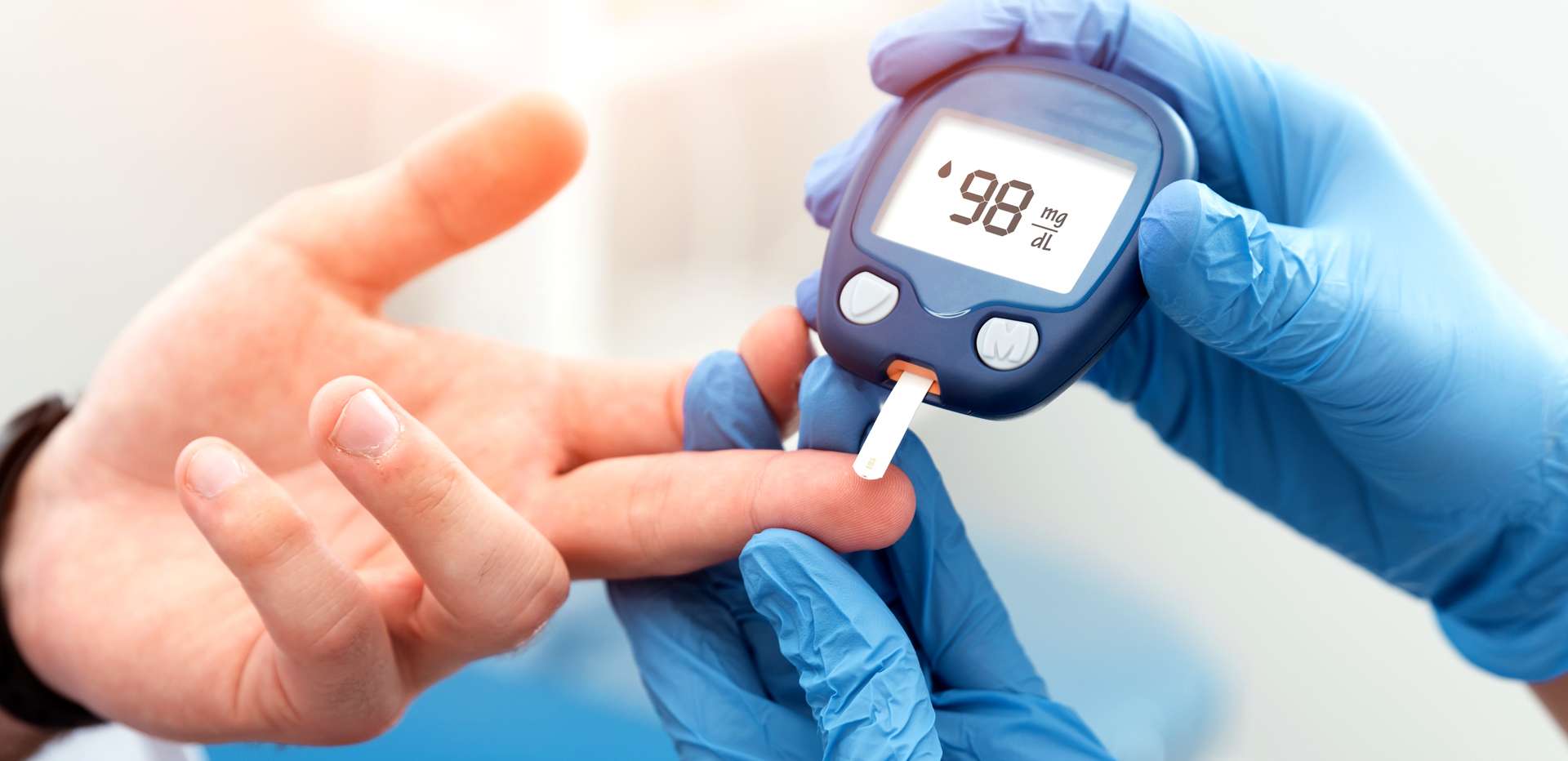Urinary Tract Infections (UTIs) are an all-too-common issue for many women, causing discomfort and disrupting daily life. However, the good news is that uncomplicated UTIs can often be managed effectively with the right approach. In this article, we’ll guide you through understanding, treating, and preventing uncomplicated UTIs, focussing on the key aspects you need to know.
What are Urinary Tract Infections?
A Urinary Tract Infection (UTI) is an infection that occurs anywhere in the urinary system, including the bladder, kidneys, ureters, and urethra. Most uncomplicated UTIs affect the bladder and urethra, leading to what is commonly known as a bladder infection.
What Causes UTIs?
UTIs are typically caused by bacteria, most commonly Escherichia coli (E. coli), which normally lives in the bowel. These bacteria can sometimes travel to the urinary tract, leading to an infection. Factors like sexual activity, certain birth control methods, and poor hygiene can increase the risk of developing a Urinary Tract Infection.
Common Symptoms of a Urinary Tract Infection
Recognising the symptoms of a UTI early on is important for prompt treatment. Common signs of a urinary tract infection include:
- A strong, persistent urge to urinate
- A burning sensation when urinating
- Passing small amounts of urine frequently
- Cloudy or strong-smelling urine
- Blood in the urine (haematuria), which may appear pink, red, or cola-coloured
- Pelvic pain, especially in the centre of the pelvis and around the area of the pubic bone
These symptoms can be uncomfortable, but they are a clear sign that you may need to take action to treat the infection.
Urinary Tract Infection Causes and Risk Factors
UTIs occur when bacteria enter the urinary tract through the urethra and begin to multiply in the bladder. While the urinary system is designed to keep out such microscopic invaders, these defences sometimes fail. When that happens, bacteria can take hold and grow into a full-blown infection in the urinary tract.
Several factors can increase your risk of developing a UTI:
- Sexual Activity: Women who are sexually active tend to have more UTIs. Having a new sexual partner also increases your risk.
- Certain Types of Birth Control: Diaphragms and spermicidal agents can increase the risk of UTIs.
- Menopause: After menopause, a decline in circulating oestrogen causes changes in the urinary tract, making you more vulnerable to infection.
- Urinary Tract Abnormalities: Babies born with urinary tract abnormalities that don’t allow urine to leave the body normally or cause urine to back up in the urethra are at higher risk of UTIs.
How to Treat Uncomplicated UTIs
Treatment for uncomplicated urinary tract infections is usually straightforward and effective. The goal is to eliminate the infection and alleviate the symptoms as quickly as possible.
Antibiotic Treatment
Antibiotics are the first line of treatment for UTIs. Your doctor will likely prescribe a course of antibiotics to treat the infection. Common antibiotics used include:
- Trimethoprim/Sulfamethoxazole (Bactrim, Septra): These are often prescribed unless there’s a known allergy.
- Fosfomycin (Monurol): This is a single-dose antibiotic that may be used to treat uncomplicated UTIs.
- Nitrofurantoin (Macrobid, Macrodantin): This is a common option for treating bladder infections.
It’s essential to complete the full course of antibiotics, even if you start feeling better before finishing the medication. Stopping early can lead to the infection returning and may contribute to antibiotic resistance.
Over-the-Counter Pain Relief
UTIs can cause significant discomfort. Over-the-counter pain relievers, such as ibuprofen or acetaminophen, can help alleviate pain and reduce fever if you have one. Additionally, medications like phenazopyridine (Pyridium) can help ease the burning sensation during urination.
Staying Hydrated
Drinking plenty of water is important when you have an Urinary Tract Infection. Water helps to flush bacteria from your urinary tract, speeding up the healing process. Aim to drink at least 8 glasses of water a day and avoid caffeine and alcohol, which can irritate the bladder.
Cranberry Products
Cranberry juice and supplements have long been touted as a natural remedy for UTIs. While research is mixed, some studies suggest that cranberry may help prevent bacteria from sticking to the walls of the urinary tract. If you enjoy cranberry juice, it might be worth including it in your routine as a preventative measure.
Probiotics
Probiotics can help maintain a healthy balance of bacteria in the urinary tract. They may reduce the risk of recurring infections, especially in women who experience frequent UTIs. You can take probiotics in supplement form or find them in foods like yoghurt and fermented products.
How to Prevent Urinary Tract Infections
Prevention is key to avoiding the discomfort and inconvenience of UTIs. Here are some tips to help reduce your risk:
- Practice Good Hygiene: Wipe from front to back after using the toilet to prevent bacteria from the anal region from spreading to the urethra.
- Stay Hydrated: Drink plenty of fluids daily, particularly water, to keep your urinary system flushed and clean.
- Urinate After Intercourse: This can help flush out any bacteria that may have been introduced during sexual activity.
- Avoid Irritants: Steer clear of feminine products that can irritate the urethra, such as deodorant sprays, douches, and powders.
Get Expert Care Fast: Book Your Pharmacy First Appointment Today!
Uncomplicated UTIs in women are common but manageable with prompt treatment and preventive measures. If you’re dealing with a UTI or need any health advice, don’t wait—book an appointment with Touchwood Pharmacy’s Pharmacy First today.
Our experienced pharmacists are here to help you manage your symptoms and get the treatment you need quickly and efficiently. No need to see your GP; just drop by or schedule a convenient time to speak with one of our experts. Take control of your health with the personalised care you deserve at Touchwood Pharmacy. Book your appointment now!


























